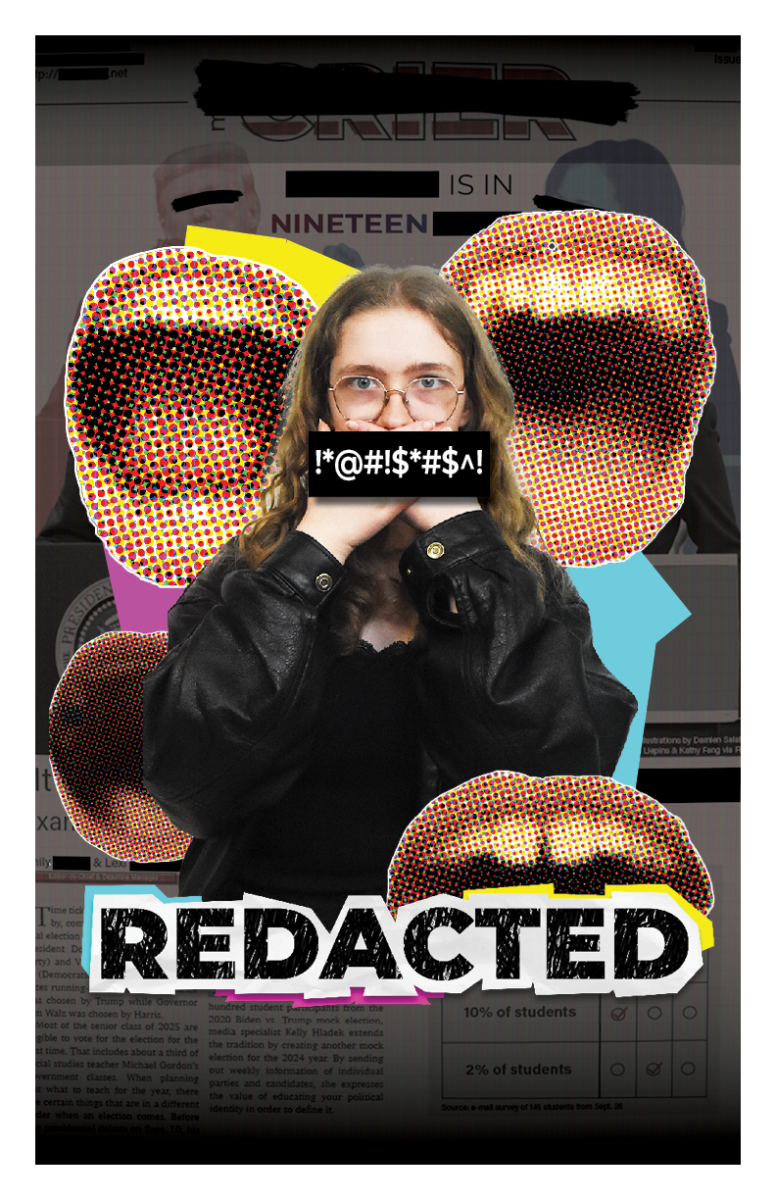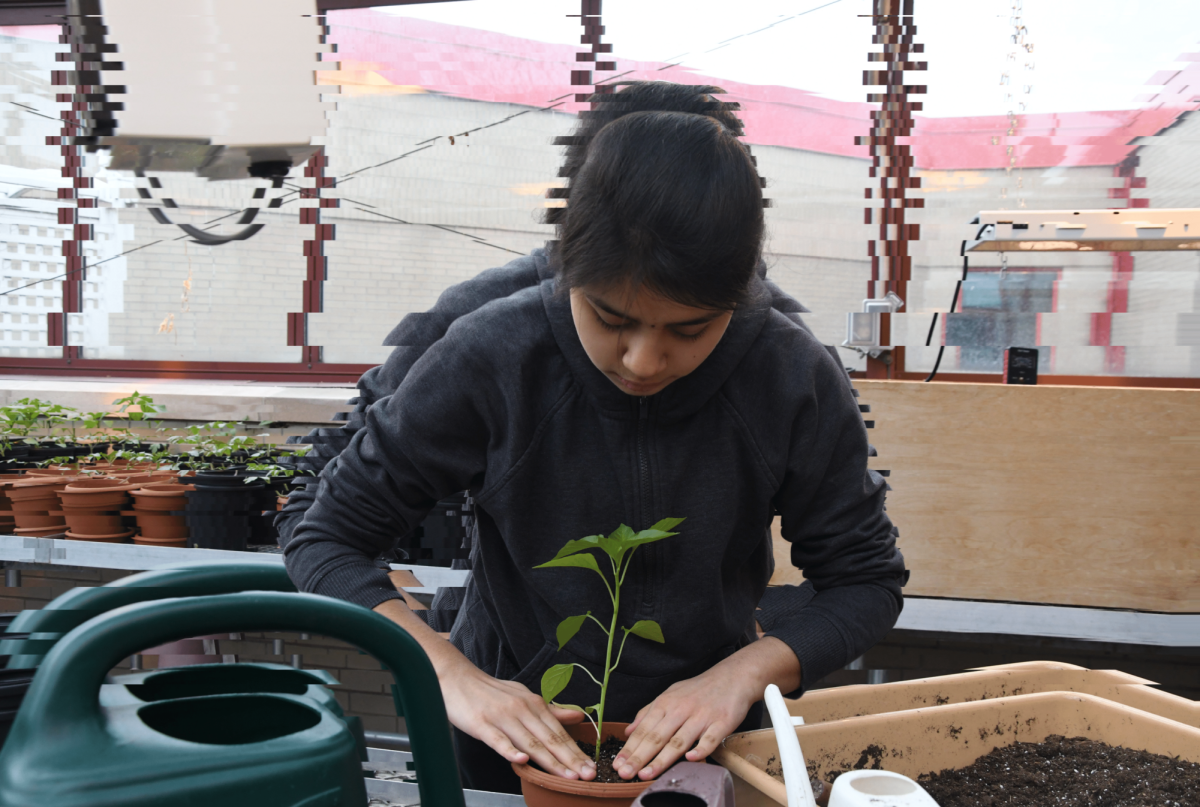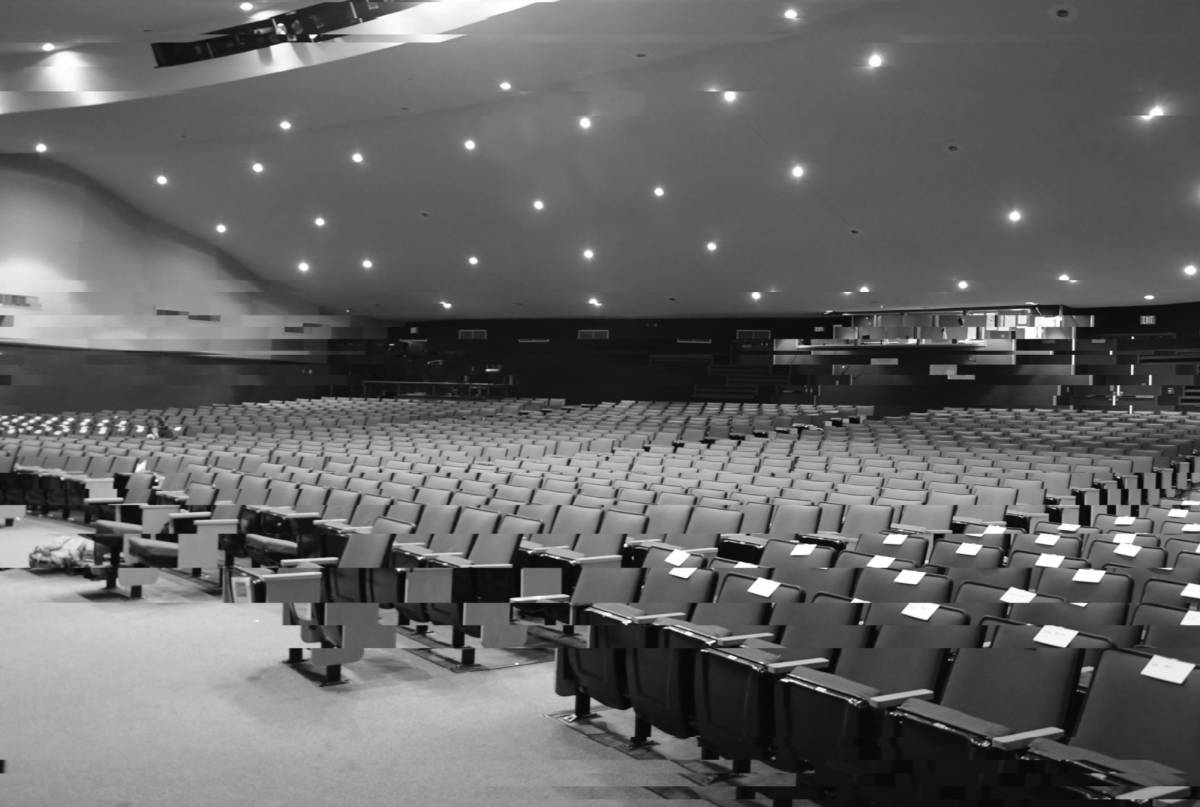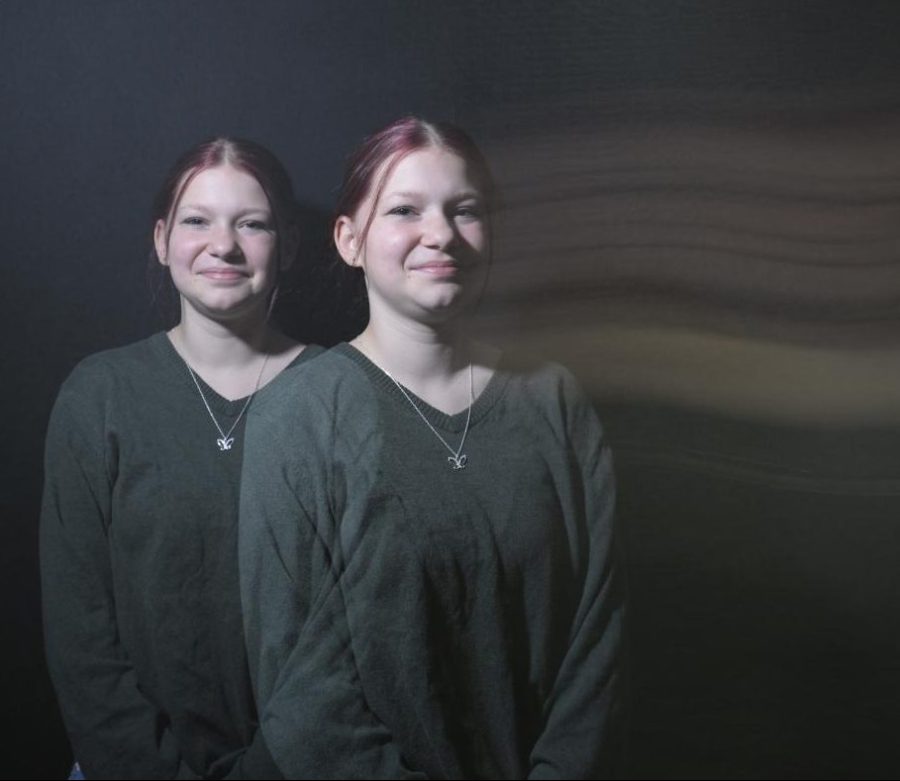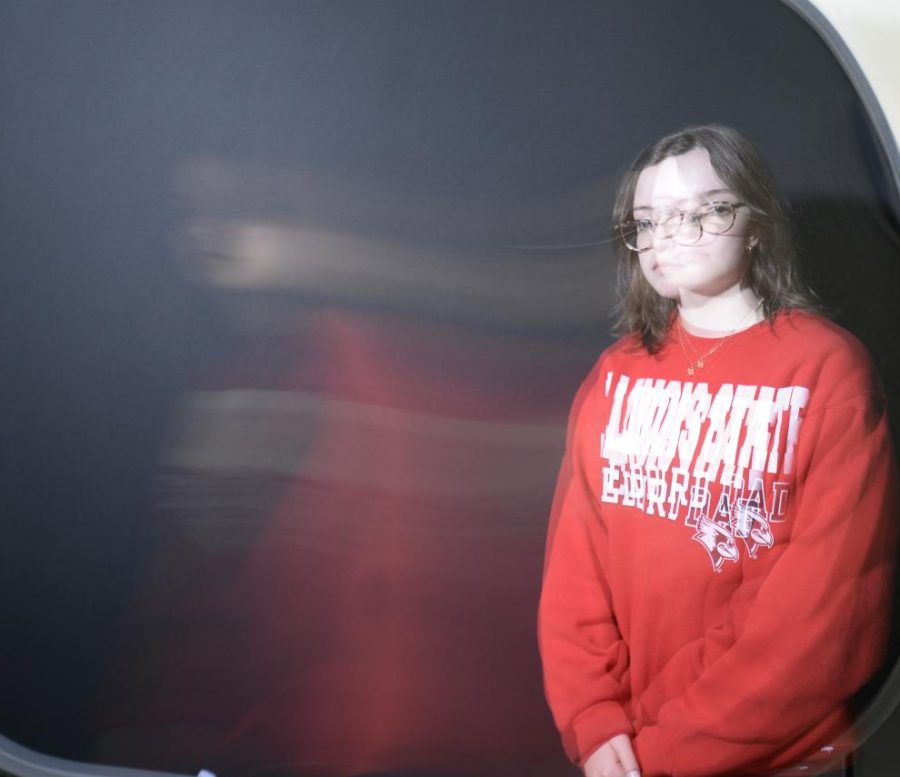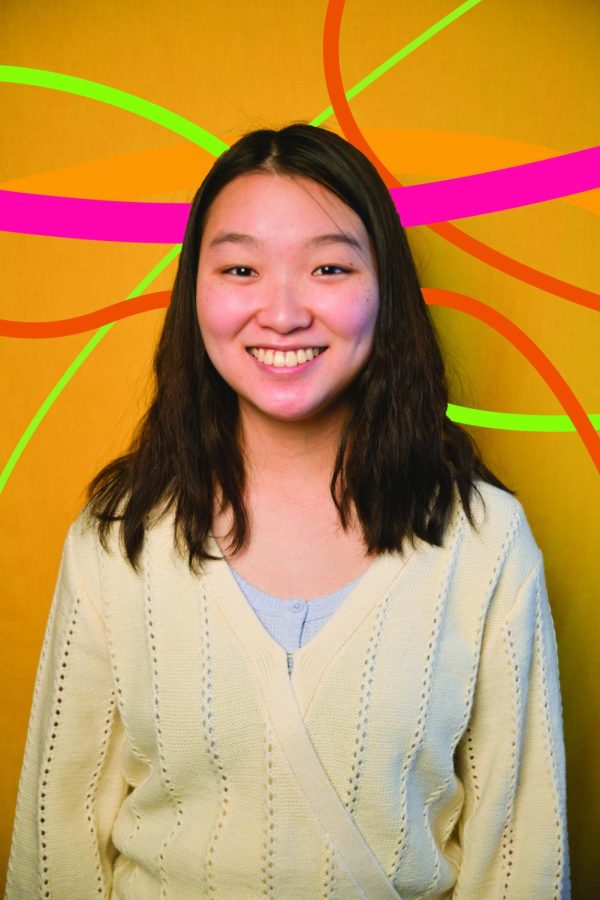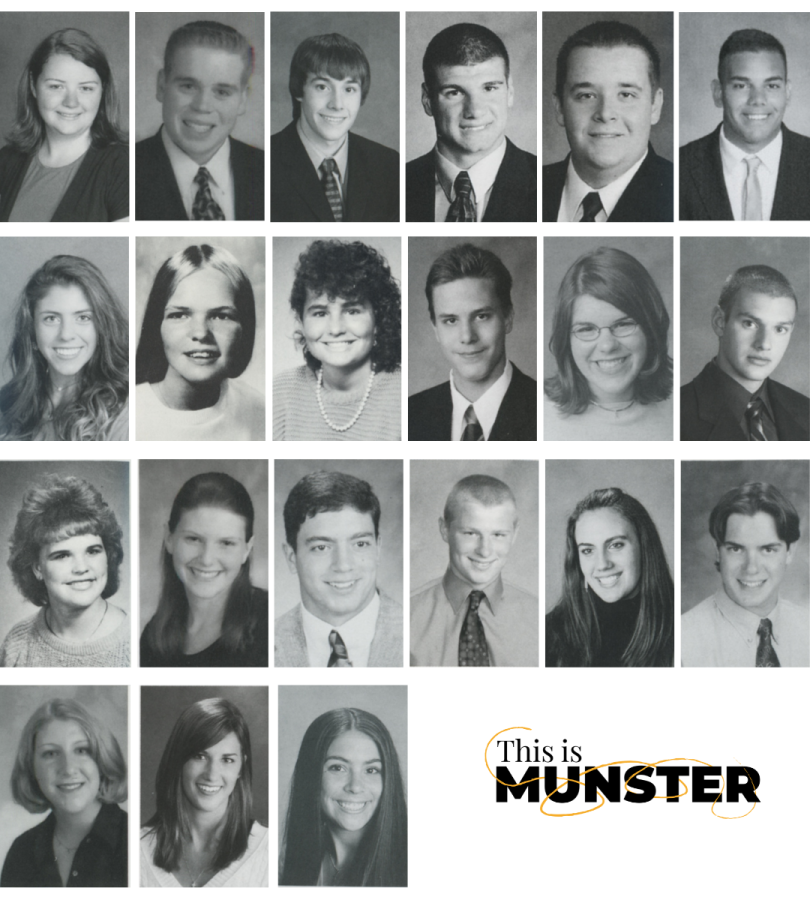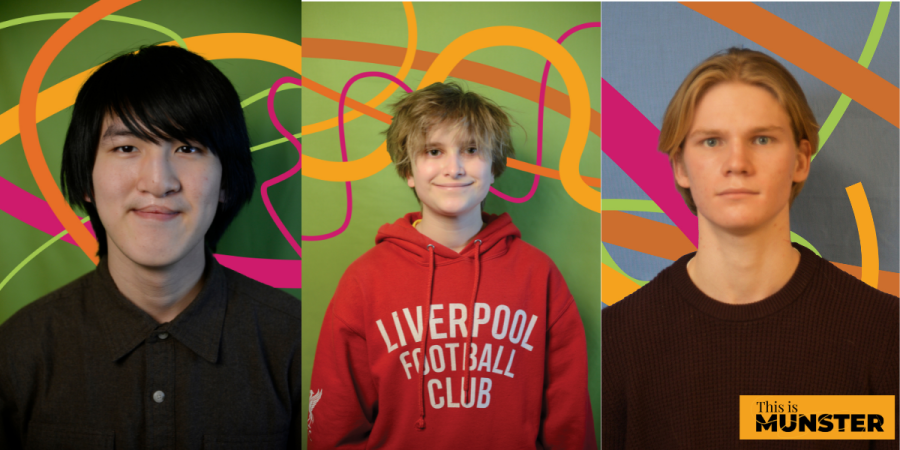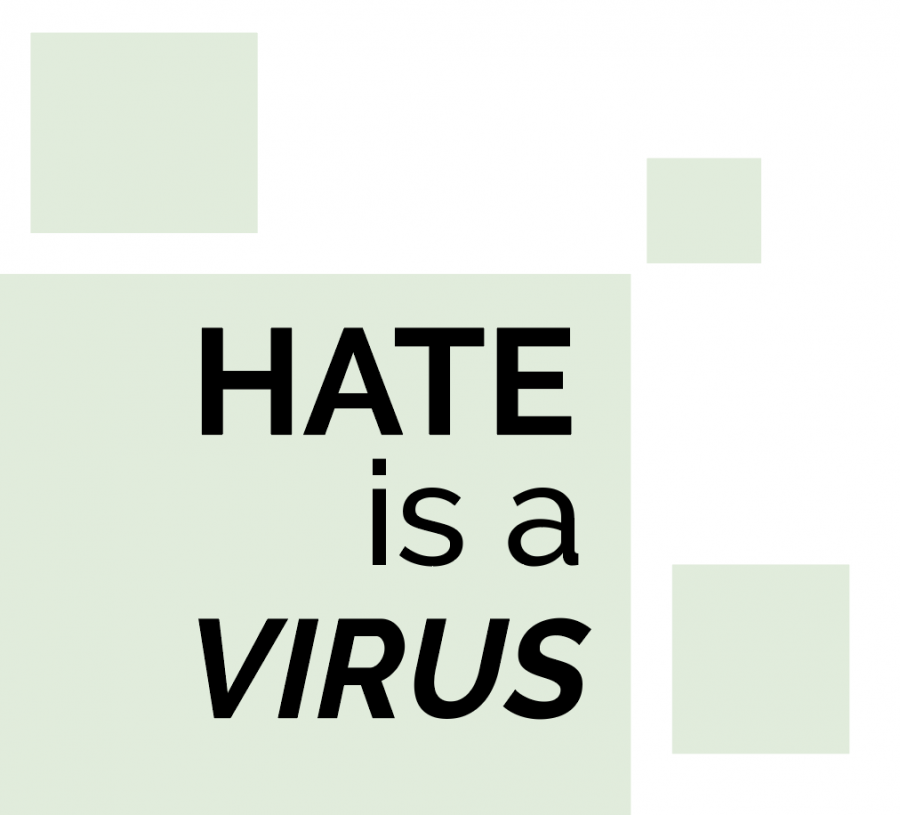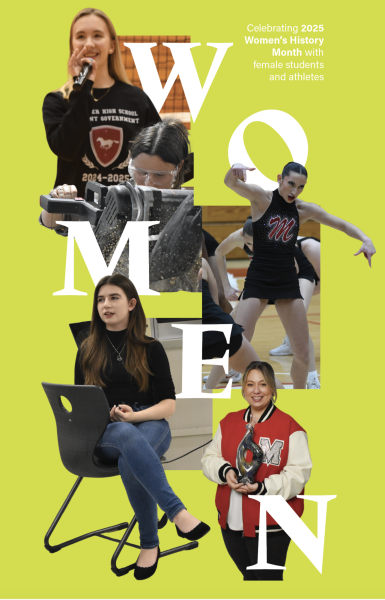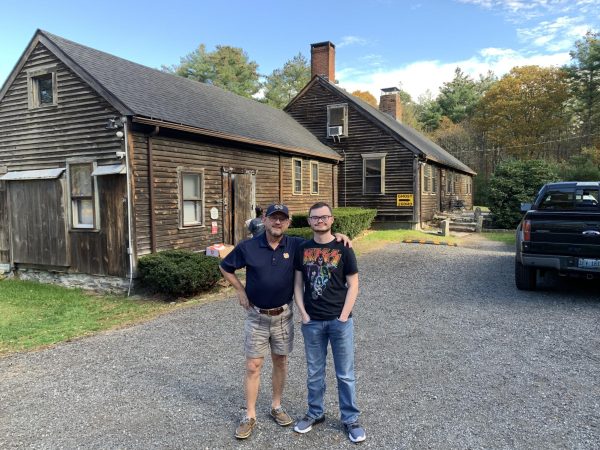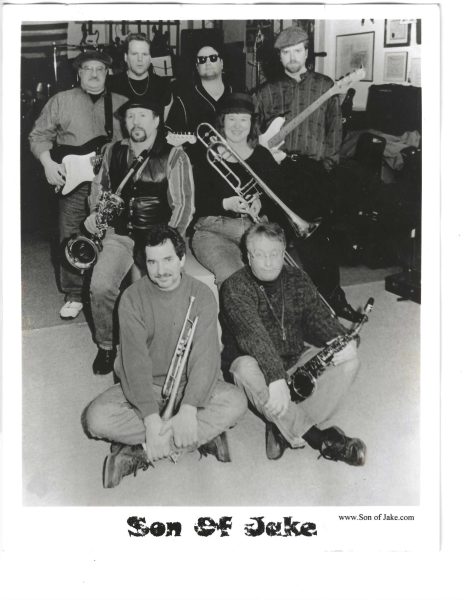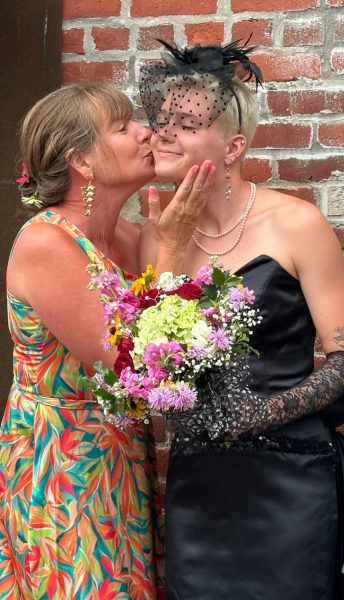Hate is a virus: Asian American students speak on asian hate crimes
Asian-American students express their personal experiences and opinions on the rising anti-Asian violence
With the surge of anti-Asian hate crimes this past year alone, many Asian Americans fear to be Asian.
“It just felt very personal, like I every time I saw it, I could think like, what if this was my family,” Iris Gong, junior and Chinese American, said. “I know my parents don’t go out a lot, but my dad works in Chicago. If we were going out, that could be him, that could be our family.”
Many Asian students expressed similar sentiments of fearing for their Asian relatives, as violent racism towards Asians have become more common. However, this issue stems deeper than the beginning of COVID-19.
“Honestly, (I’m) not at all (surprised) because it’s not uncommon to see these happen because throughout history it has happened so many times, and it hurts just as much each time,” Emily Sun, junior and Chinese American, said. “It’s kind of a systemic issue, and it’s one that’ll keep occurring, unless some serious change happens.”
This systemic racism upholds white supremacy, to the disadvantage of people of color. Specifically, the model minority myth drives a wedge between Black Americans and Asian Americans.
“(The model minority myth) definitely feeds people’s ignorance,” Joanne Hwang, senior and Korean American, said. “A lot of people have this idea about what a typical Asian person looks and acts like. By clumping all Asian people into one category, it’s really easy to ignore those who don’t fit people’s stereotypes. For example, the victims of the recent Atlanta shootings were spa workers, not doctors or engineers. Some see the model minority myth and think that racism against Asian Americans isn’t a big deal, but the truth is that there’s a huge wealth gap and it’s impossible to think that everyone’s experience is the same. I also don’t like how it’s used as an excuse to avoid talking about all of the unfair obstacles that a lot of other minority groups have to go through. Some people think that racism and economic disparities aren’t big issues because anyone could be successful if they just worked harder. But it’s unfair to expect people to work harder to succeed in a society that’s built against them.”
The term “model minority myth” was coined in the 1960s, as a result of peoples’ response to the civil rights movement: “Instead of protesting and complaining, why can’t Black people just work hard and succeed like Asian people?”
“It’s just really dumb. I don’t really know what else to say. It’s just another facet of white supremacy that bridges the divide between minorities, when we should be sticking together,” Anushka Majety, junior and Indian American, said. “I know this saying has been said a lot with sexual assault, it’s not everyone, or it’s not white people versus black people versus Asian people versus Mexican people or anything like that, it’s everybody versus white supremacy and everybody versus racism.”
The model minority myth is heavily normalized, and too many stay silent when people question casual racism towards Asian.
“Most of my experience comes from more casual interactions, like when my mom is treated like an inconvenience in public or when she makes phone calls because she doesn’t speak perfect English,” Joanne said. “I think I’ve always been pretty conscious of race, even when I was really young. My earliest memory would probably be when I was in kindergarten and just looking around and noticing that everyone in my class was white except for me. It seemed like they all shared something that I didn’t have and I wasn’t included in. None of it was intentional, but I still felt really out of place even though I had never lived anywhere else.”
This isolation is pervasive in the lives of many people of color, and negatively impacts their mental health.
“It’s so weird to me how people who are white will never experience what it feels like to be a minority,” Emily Shu, senior and Chinese American, said. “For minorities, you have to really cherish any time you see anything that represents you, (like that movie or restaurant), like you have so much that’s just like you. It’s important to have that (representation) even in day to day life, (even) just the small things. Not having that store, or not seeing any other like Asian kids, it definitely makes me miss the times when I do have those kinds of communities. It’s really nice to have that bond with other people.”
These small things are often overlooked, and deemed as unimportant. All too often, the “bigger” things are overlooked as well.
“I feel like it’s not something that’s commonly addressed at all,” Emily Sun said. “It doesn’t really come up in regular conversation. I think that that needs to be changed because we hear all these hate crimes in the news, but that doesn’t even really cover the surface of how many hate crimes there are basically every single day. We don’t hear about them because they either get silenced or they don’t want to speak up in fear of being silenced. So, I think more awareness is definitely a necessity to bring a stop to that.”
The normalization of casual racism towards any person of color is all too pervasive, and many Asian Americans felt the silence and disregard while American citizens were being murdered.
“You definitely get undertones of it, and like a lot of the time I know people have good intentions when they’re like, ‘Oh, where are you from,’ or like, ‘ni hao’ or something,” Iris said. “But it just feels so unnatural sometimes and you just have to accept it. And it’s sad (that) we’ve gotten used to accepting it and just being like, ‘Oh, yeah.’”
This casual racism may be normalized, but it still carries deep weight to those who face them.
“Literally any joke is going to be harmful because that’s why it’s normalized in the first place,” Anushka said. “So if there’s one thing I would like people to do is not necessarily constantly be talking about the attacks like, obviously that’s not gonna really do anything, but they can be more aware of how meaningful their words actually are and how meaningful and harmful these jokes could actually be, even if it’s in passing, even if it’s a group of people that has no intentions of attacking people in the streets. It’s still going to be harmful because it creates a sense of normalcy, that this is okay. We can’t really tolerate any level of racism, even if it’s that small.”
Confronting any kind of racism is a crucial step to helping dissipate the acceptance of it.
“I think a lot of people feel that the best solution is to pretend like race isn’t a thing,” Joanne said. “Like if they do their best to treat everyone around them equally and pretend not to see their race, racism will go away. Race is definitely a sensitive topic for a lot of people, and avoiding it in conversation might make things less awkward. But it’s not a good long-term solution because that way of thinking doesn’t match the reality that some people are willing to sincerely hurt another person just because they’re a member of a certain race. I wish people would genuinely talk about it and stop thinking racism will go away on its own. Being Asian is definitely a big part of my identity and I don’t see those types of conversations as intrusive or super uncomfortable.”
Understanding others, and having the ability to empathize with them can be a difficult journey, but it is better to show up imperfect than not at all.
“(It’s hard) for any race to figure out what another race is going through, but especially for white people because it’s like you’re living inside this kind of little bubble,” Anushka said. “I understand that it’s really hard to absorb this information, it’s really hard to take in a lot of other people’s experiences, and try and figure out how you can be better, but I think that it’s really important that you at least try to be aware of what you’re saying and the way that you treat other people, no matter how harmless it may seem, just have more empathy and keep learning about other people’s experiences and things like the model minority myth, so that your classmates don’t have to go through what we went through (like) a lot of these identity and racial issues. Keep yourself educated and keep learning, so that you can protect your classmates and then in the future, protect your peers.”
This learning process is a life-long journey, and it doesn’t end until the system that upholds racism is dismantled.
“Ultimately, I think the heart of the problem is how people are raised,” Fenry Zhou, senior and Chinese American, said. “I think hate and racism is taught and once it’s instilled in someone, no law or policy is going to change that or even stop that person from committing these crimes. This isn’t something policy can resolve: it is a moral issue and it is up to individual people to choose to be better.”
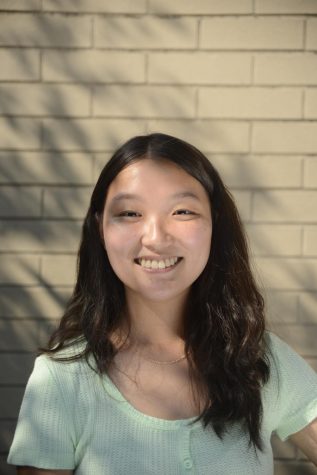
Hi! I'm Alison and I'm a senior. I'm the deadline manager. I'm in cross country, DECA, Project X, YAT, and CEC. I love to bullet journal and write. A fun...

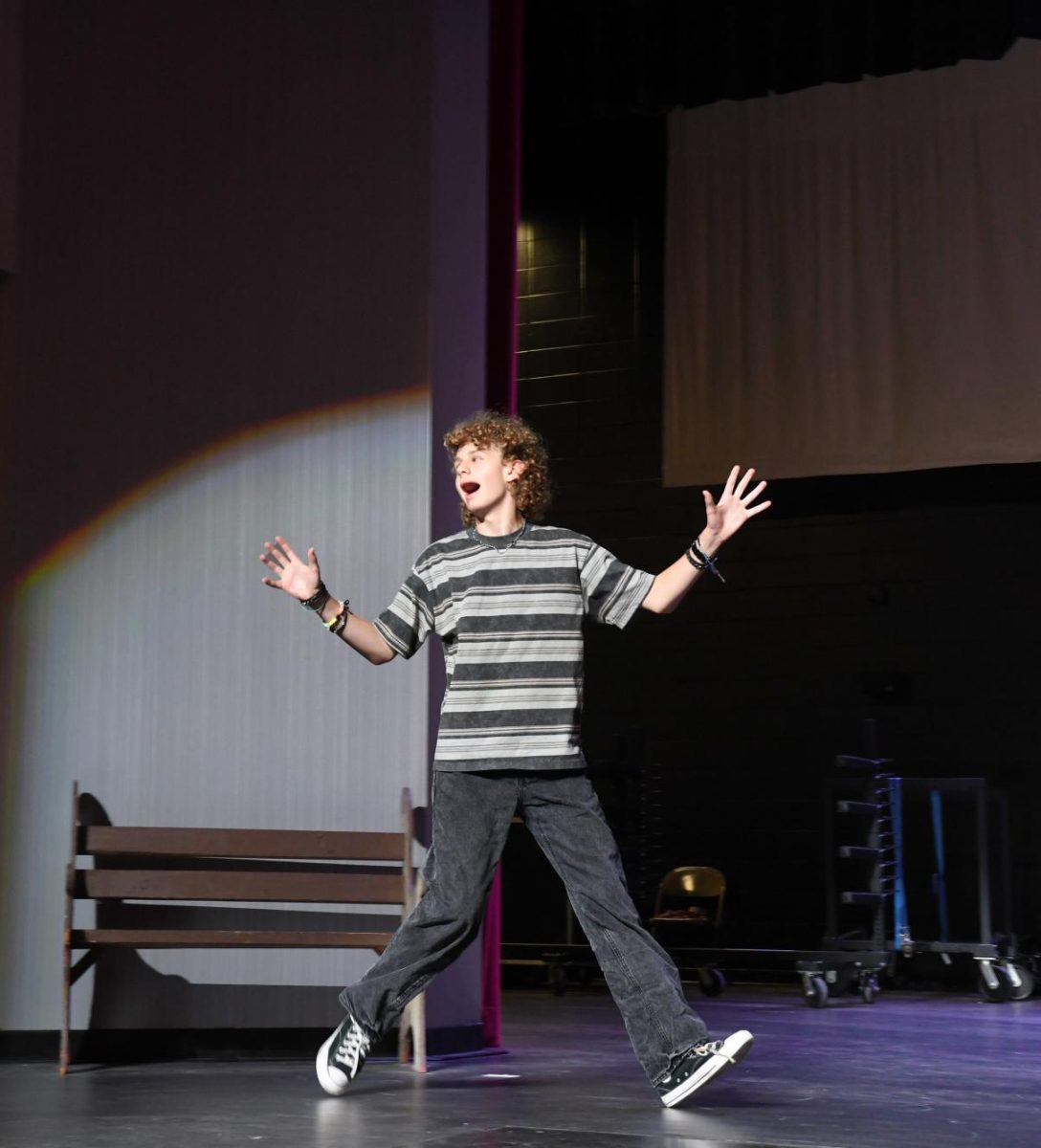
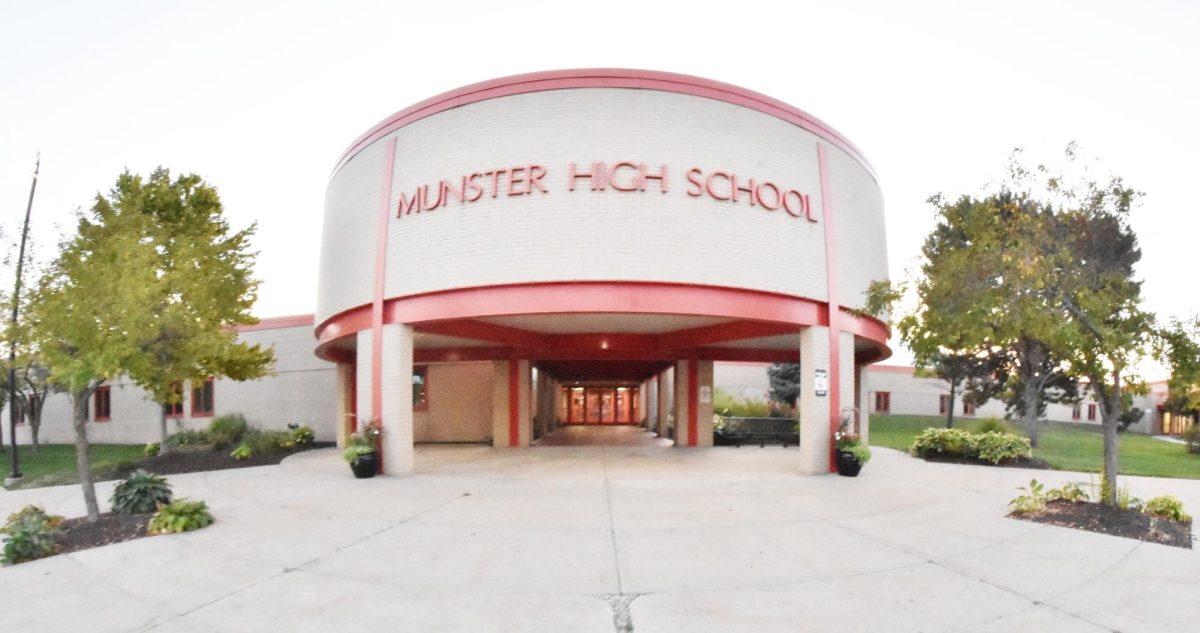

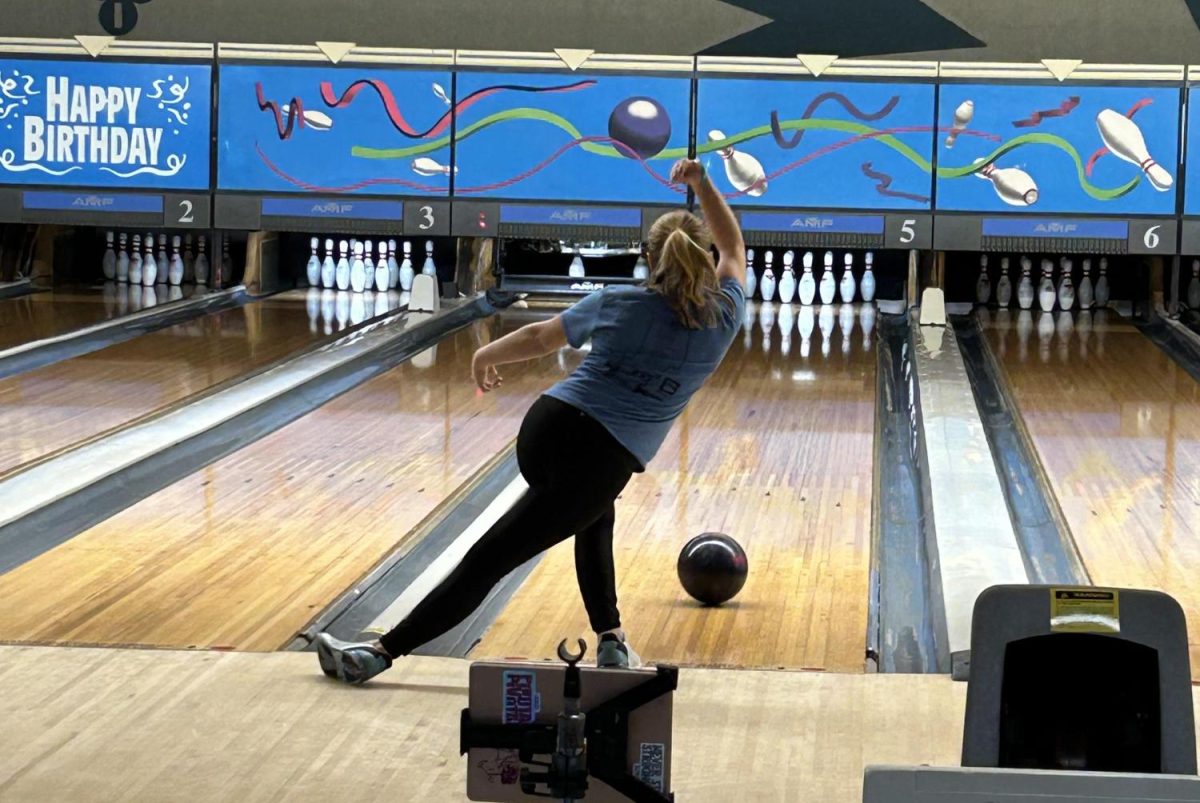
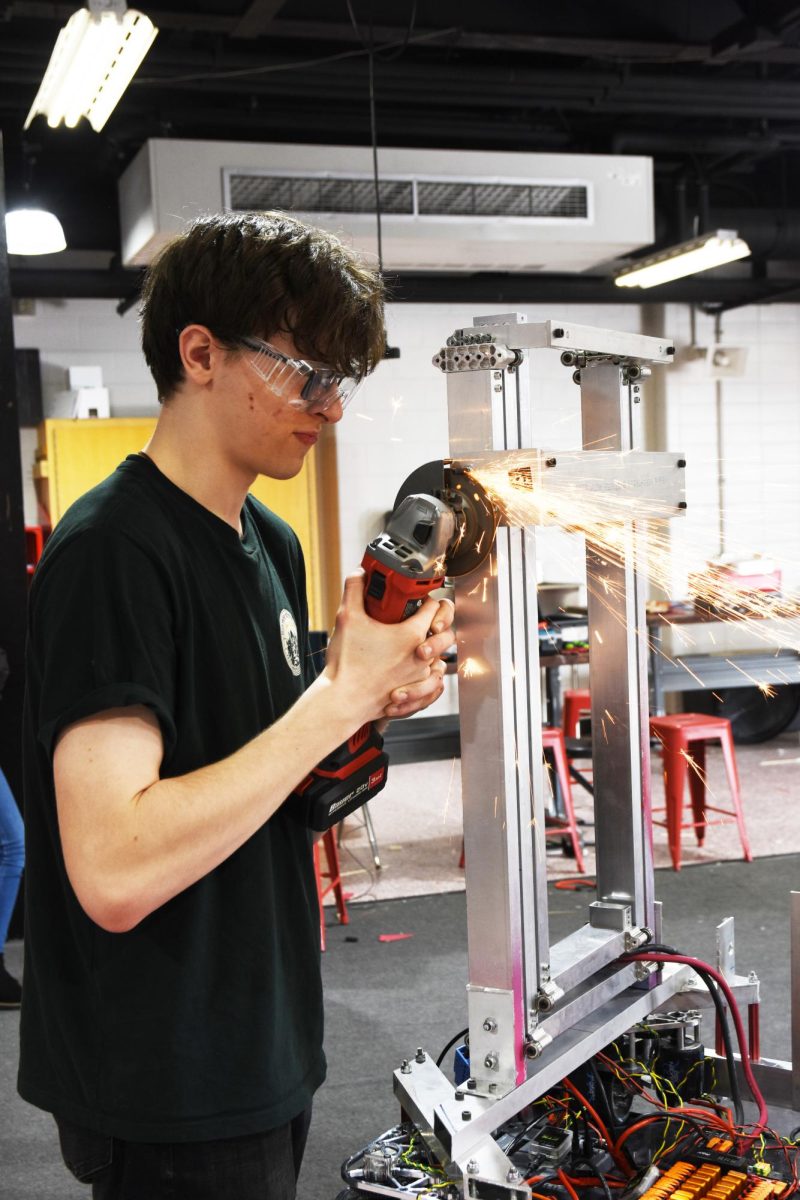




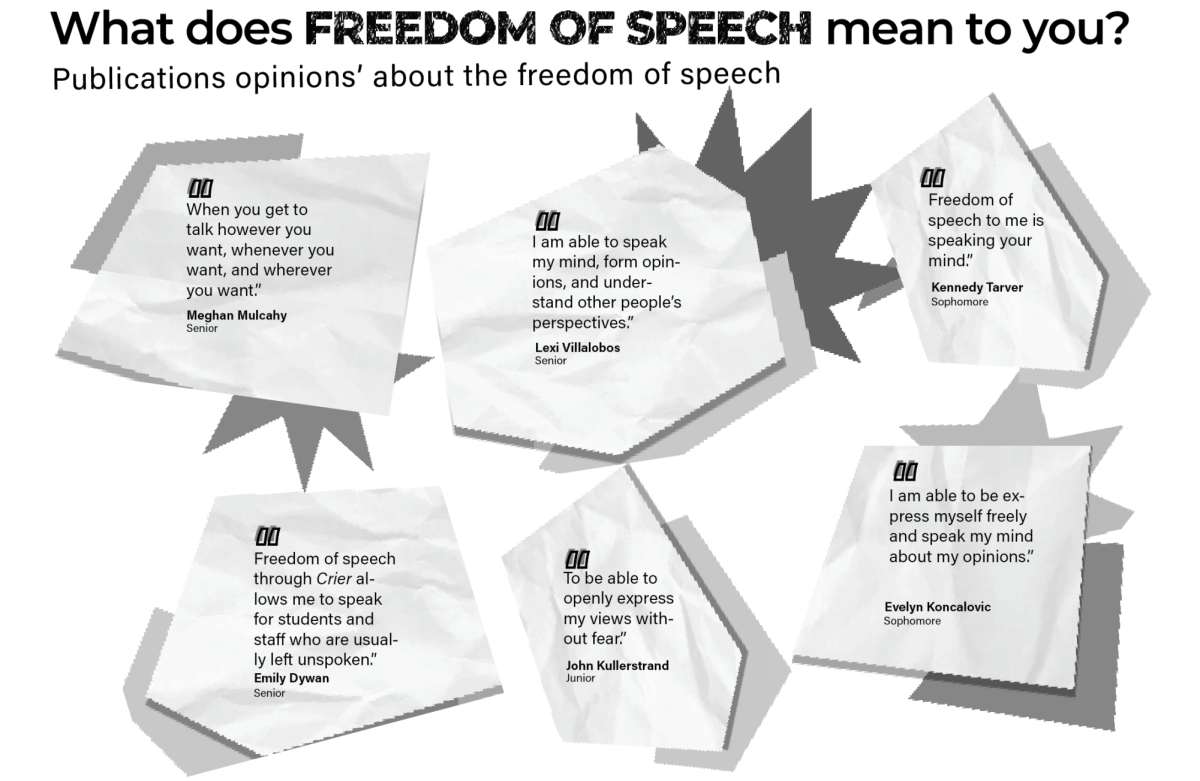



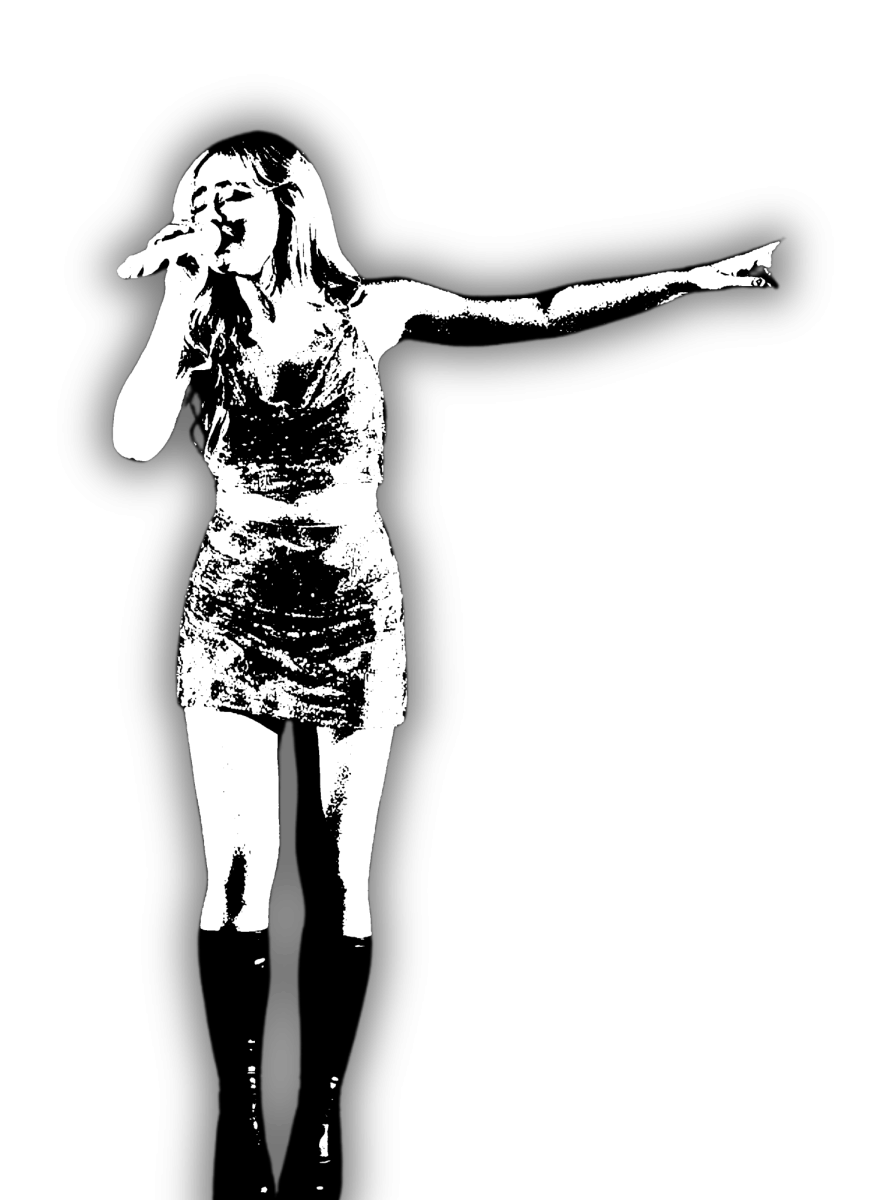

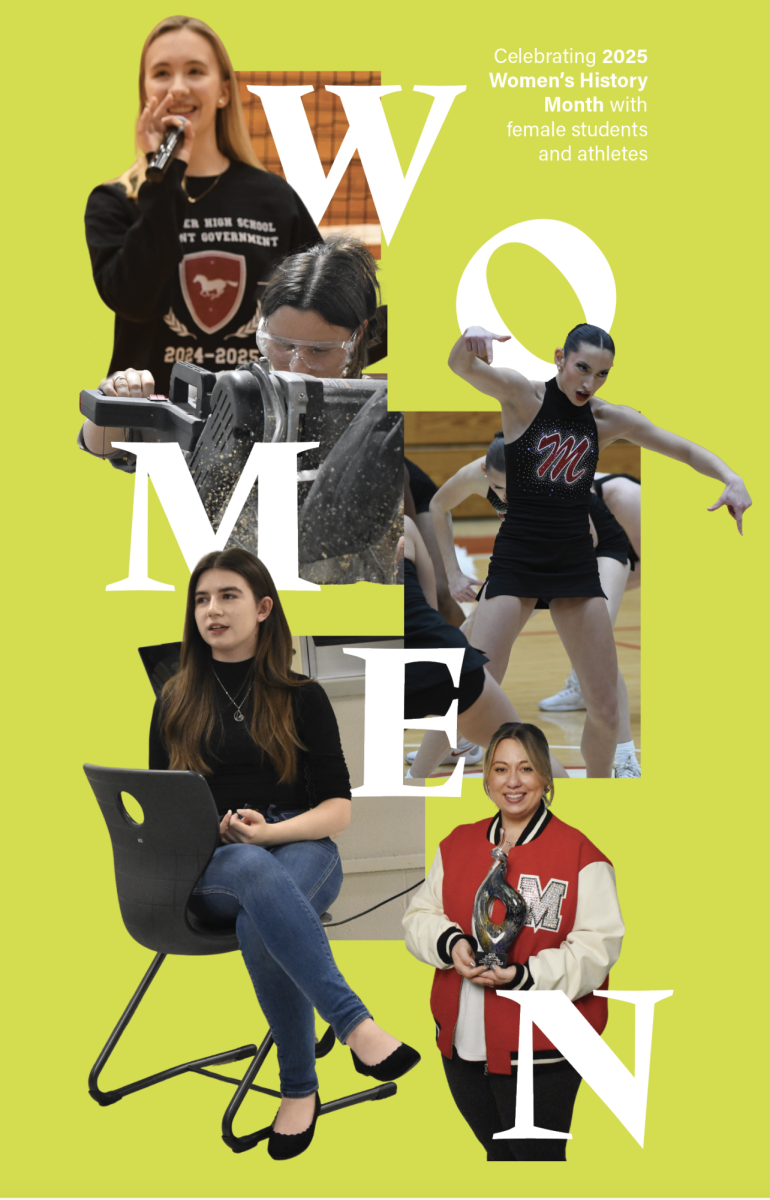
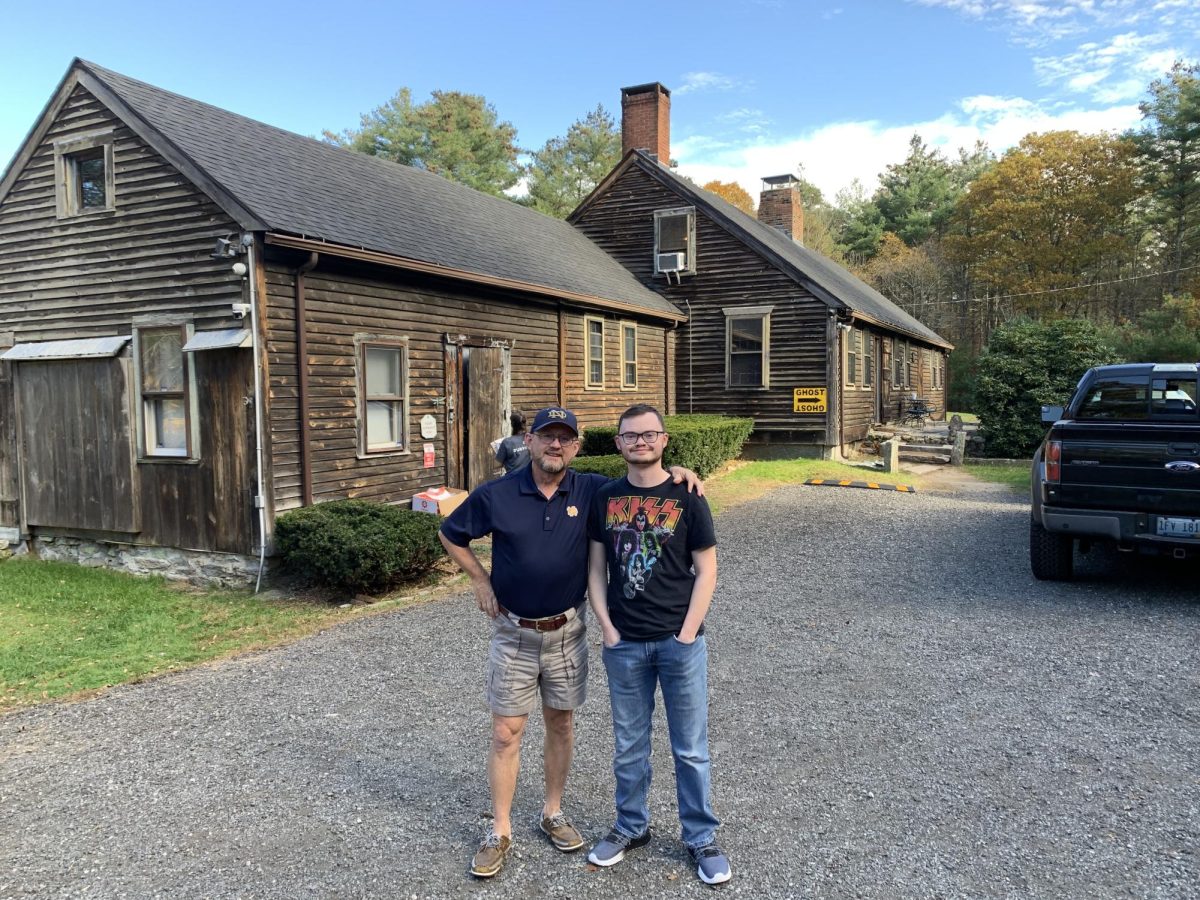
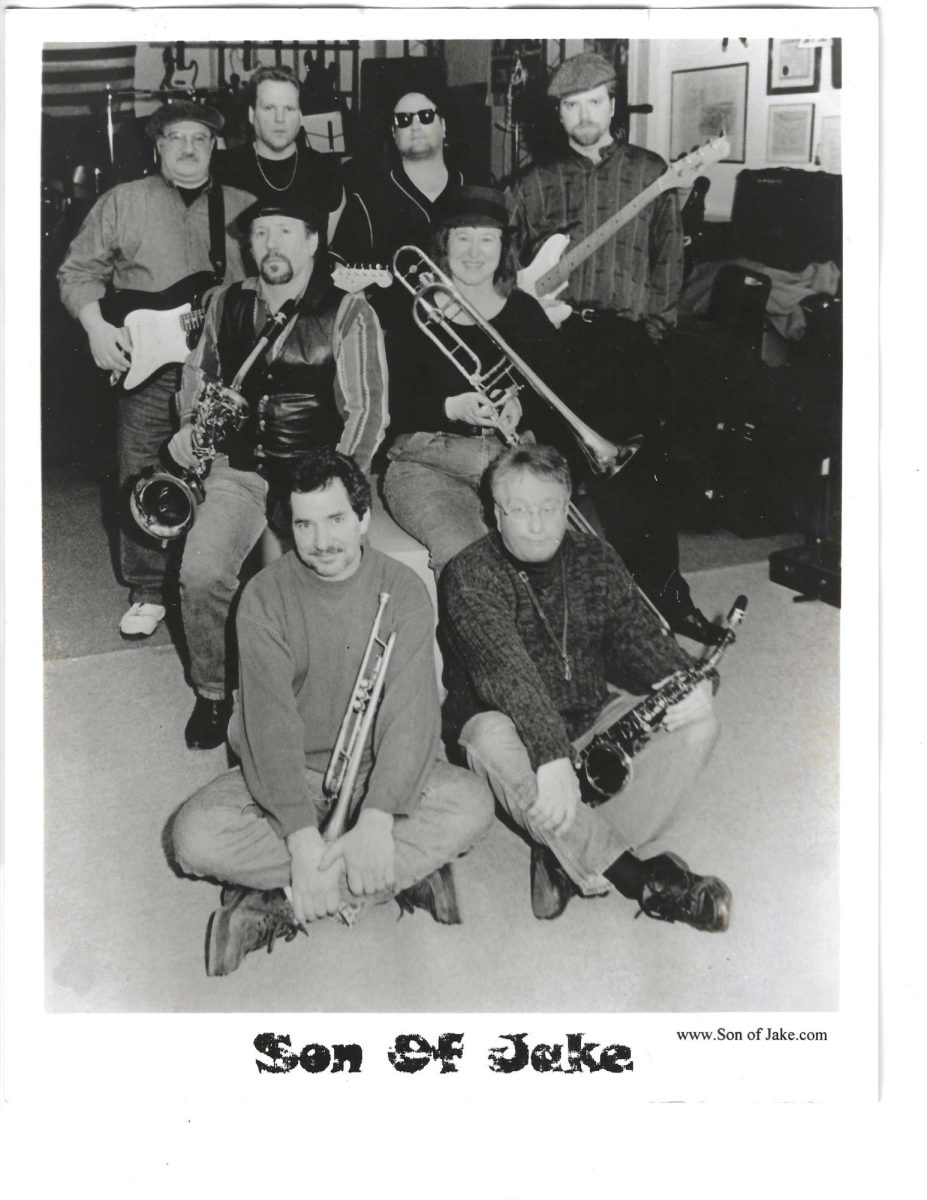
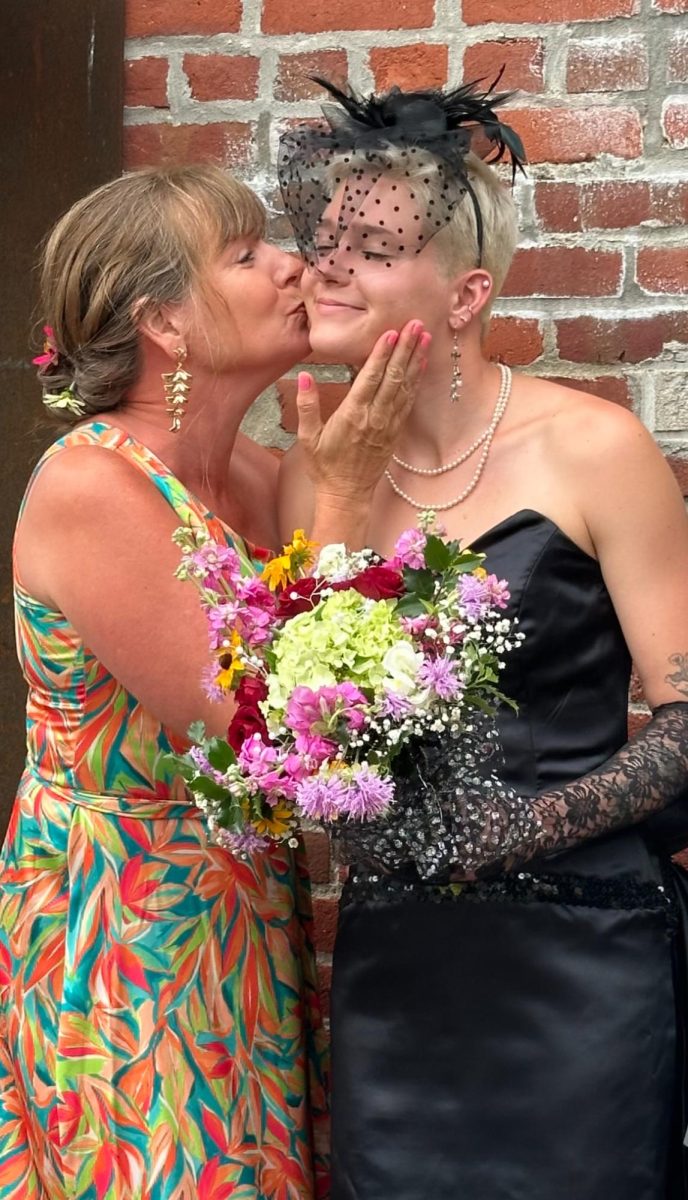

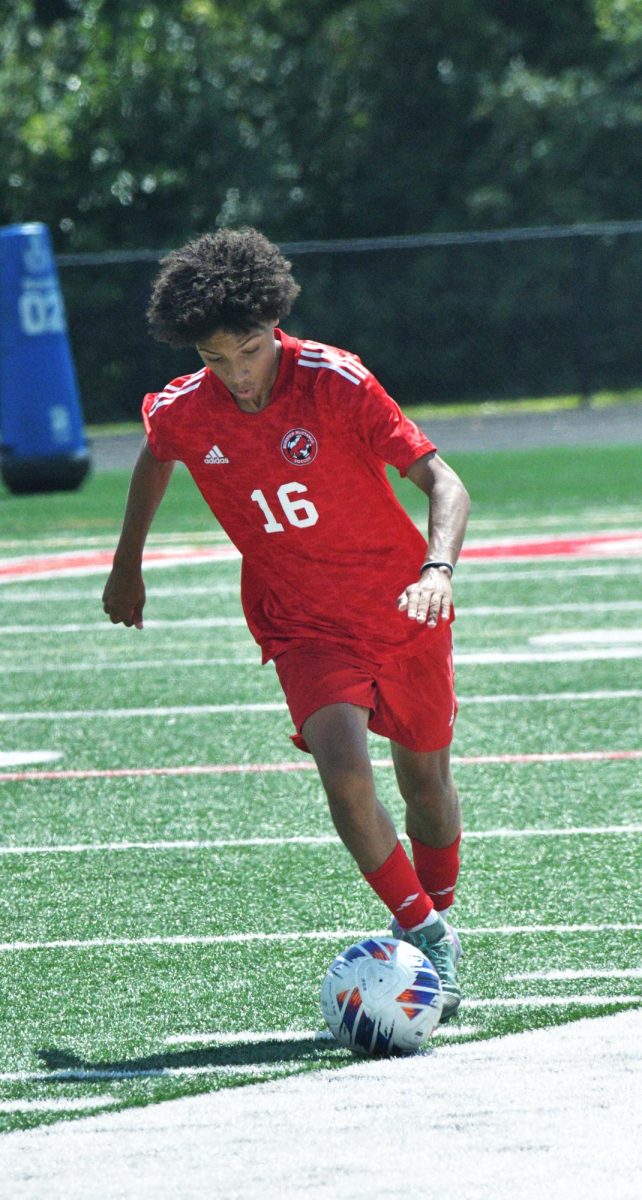

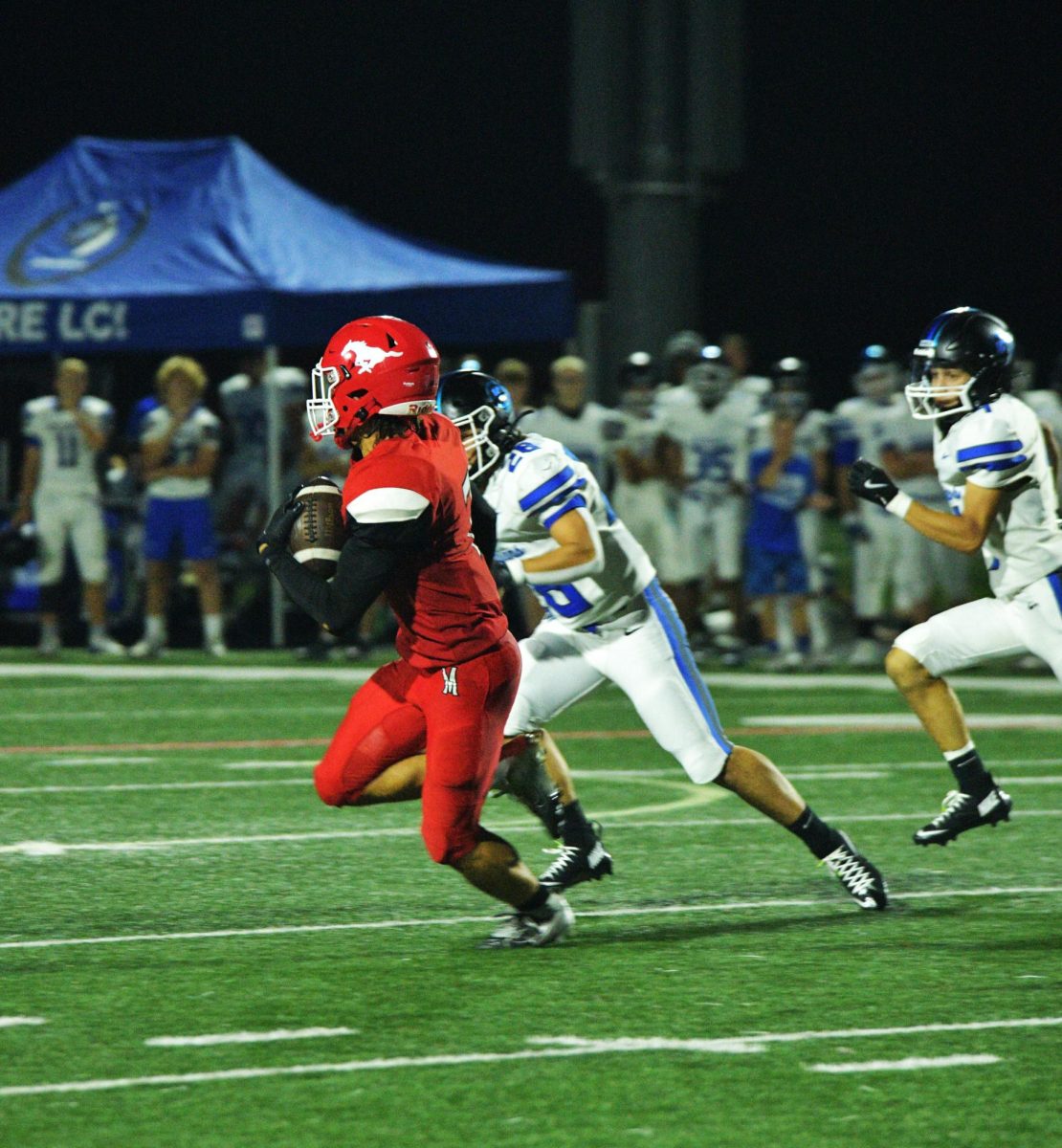
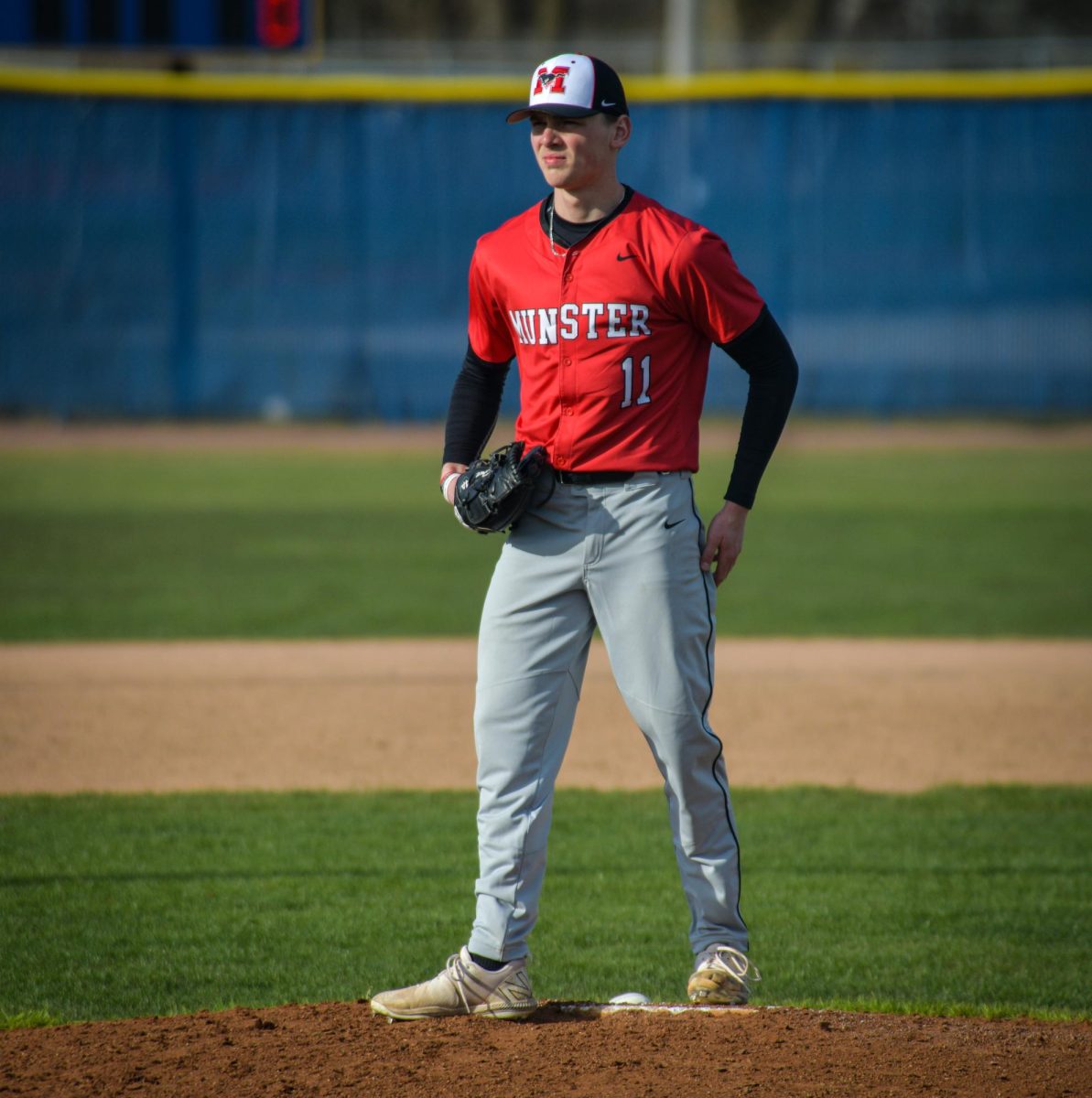
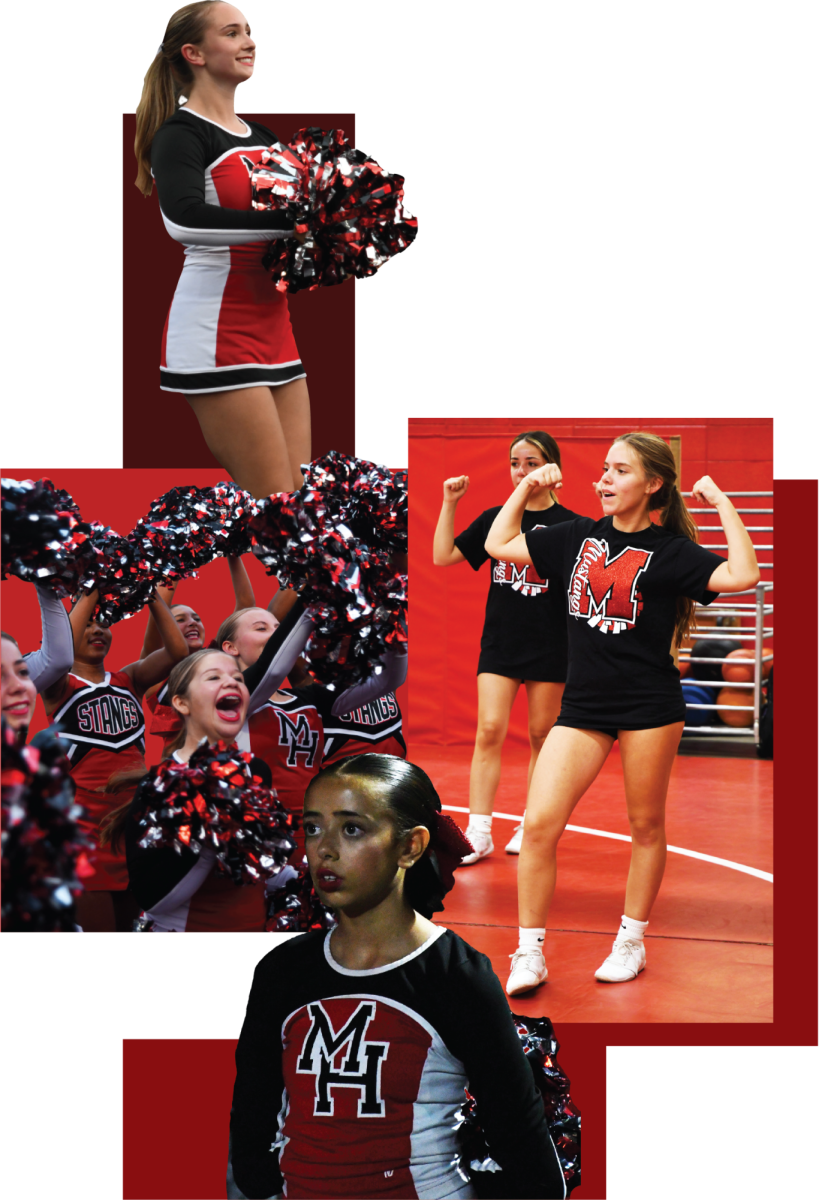
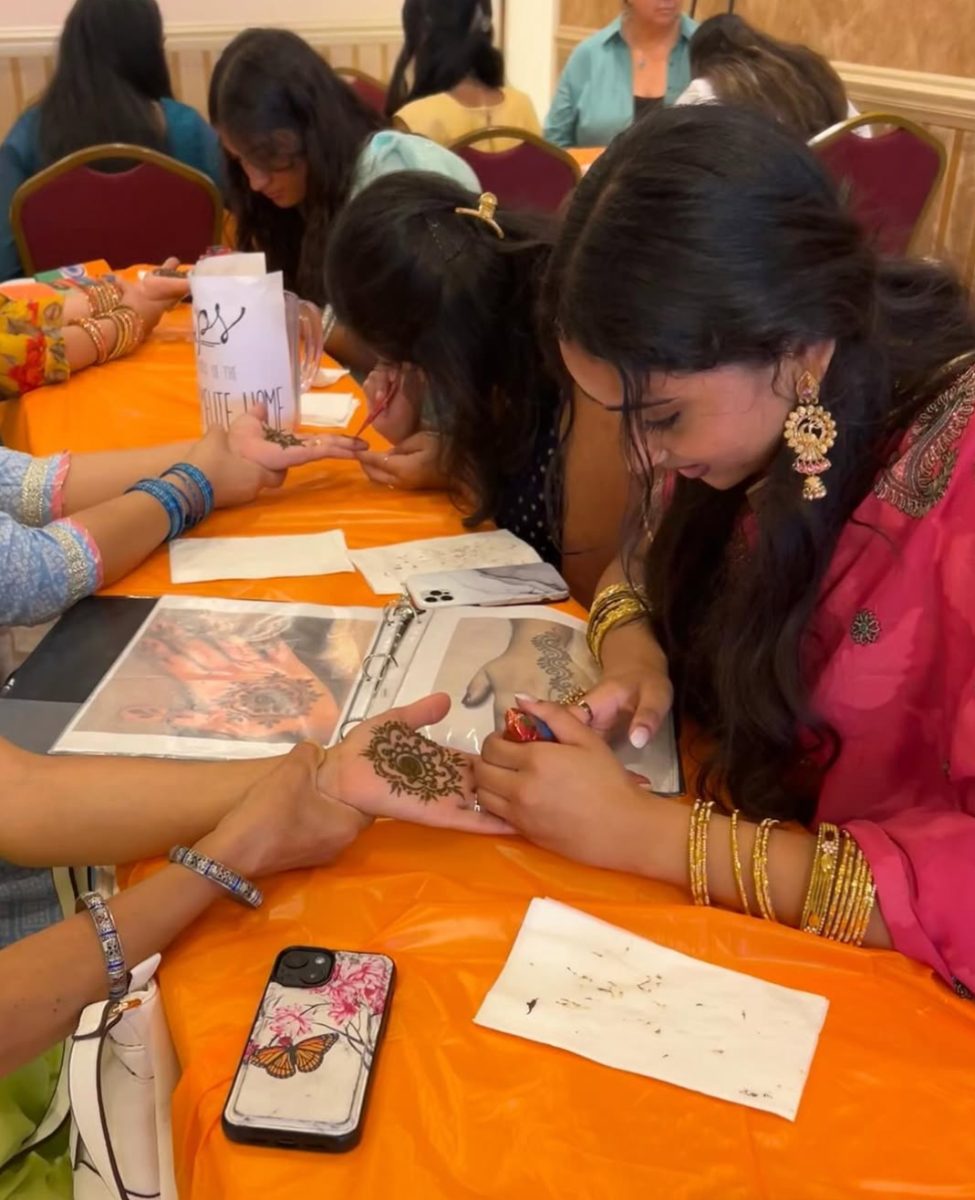
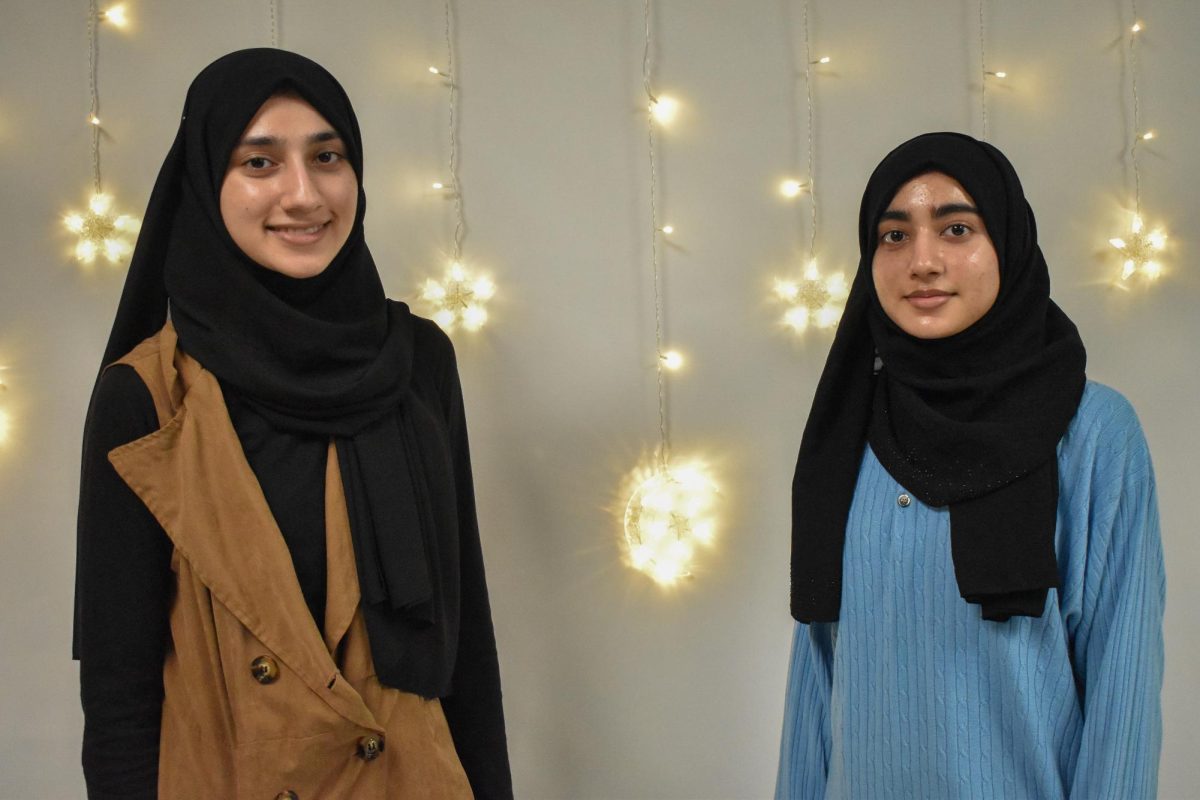
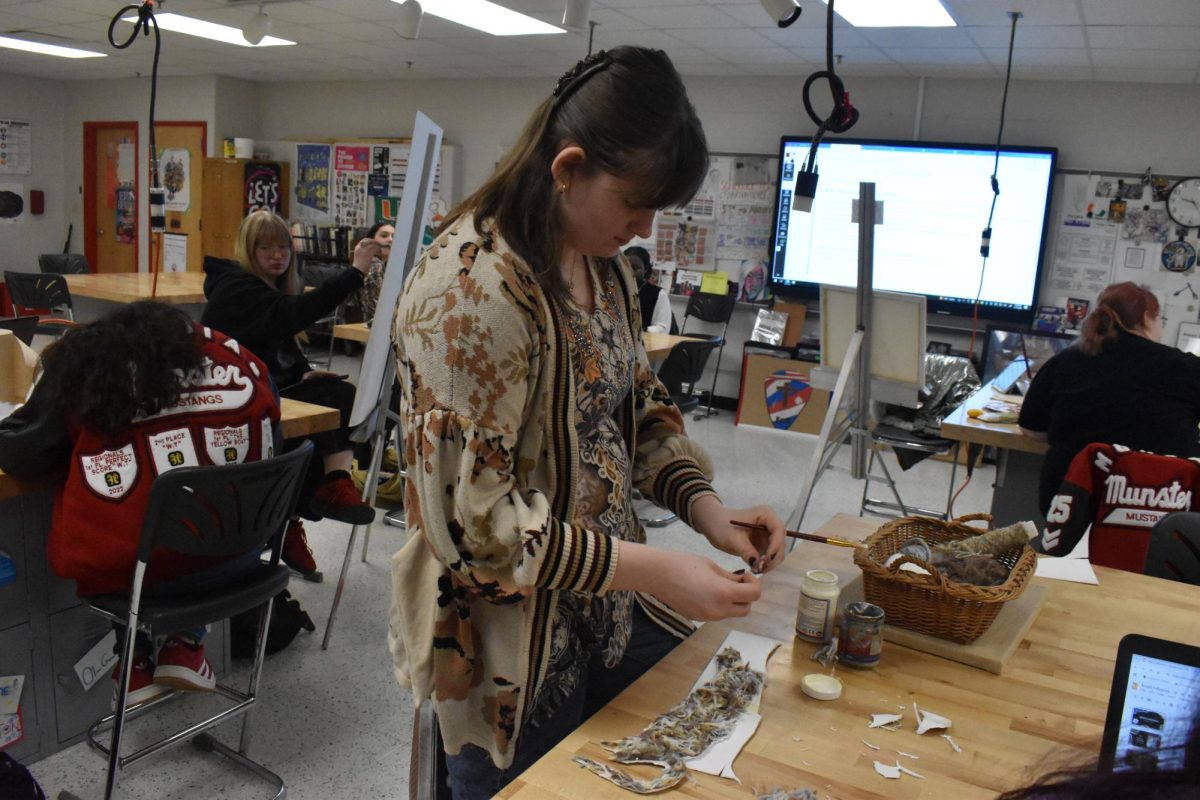
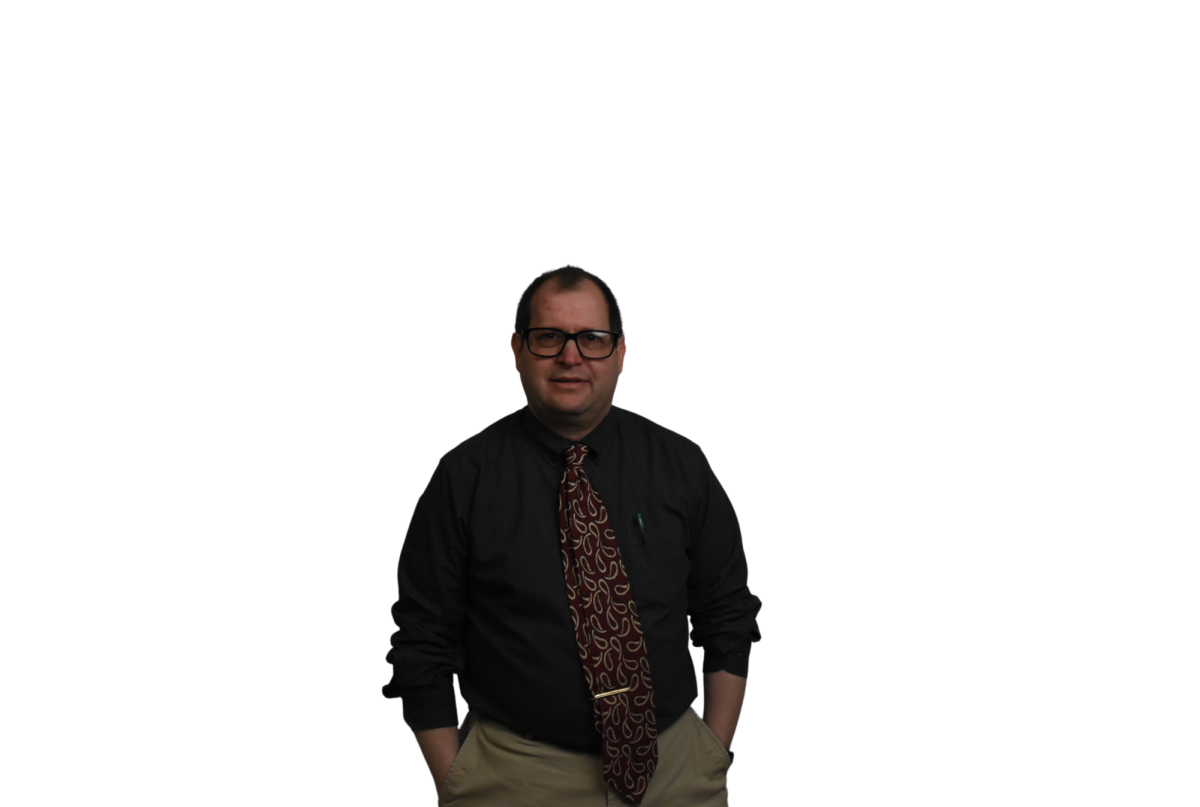
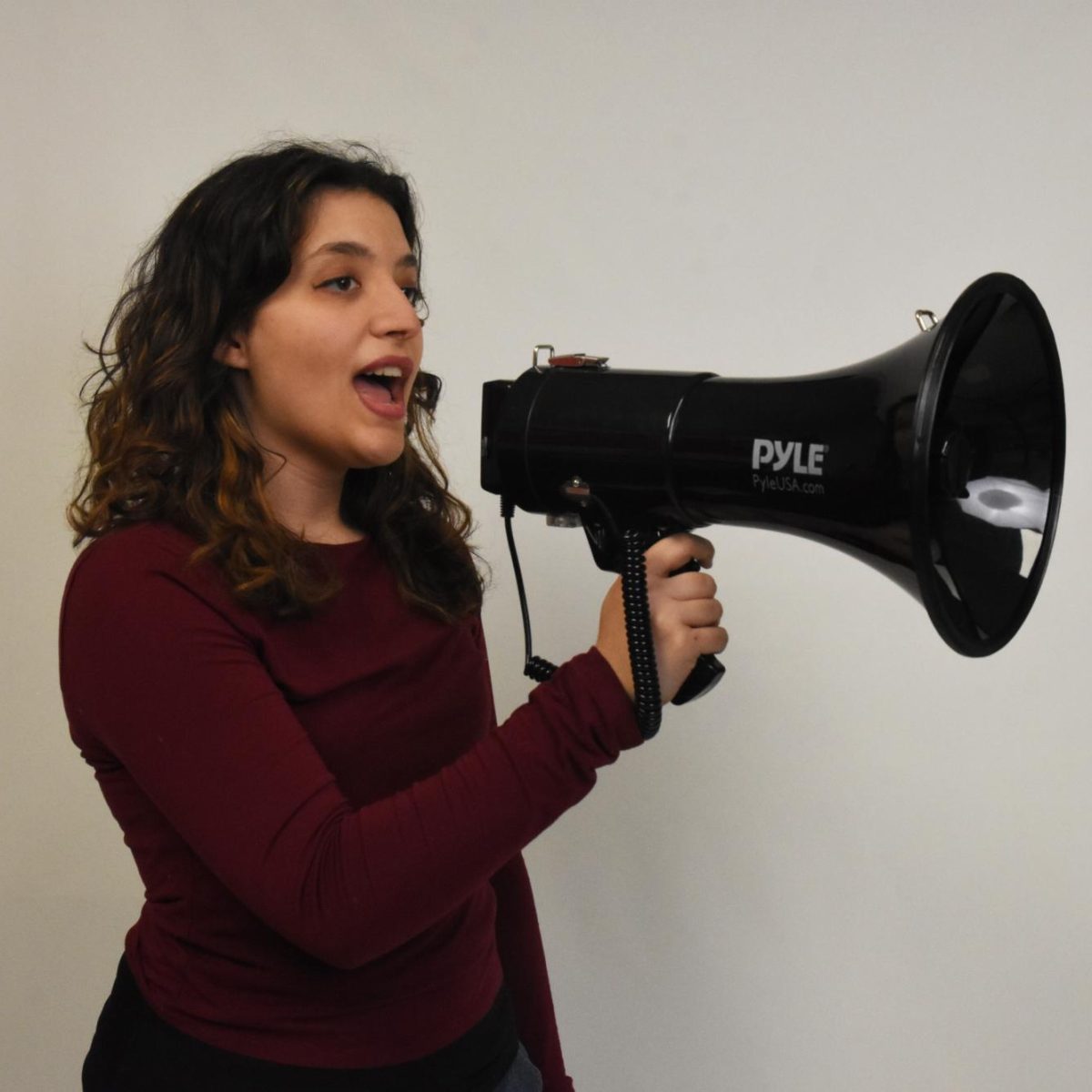
![SNAP HAPPY Recording on a GoPro for social media, senior Sam Mellon has recently started a weekly sports podcast. “[Senior] Brendan Feeney and I have been talking about doing a sports podcast forever. We love talking about sports and we just grabbed [senior] Will Hanas and went along with it,” Mellon said.](https://mhsnews.net/wp-content/uploads/2025/04/sam-892x1200.png)
